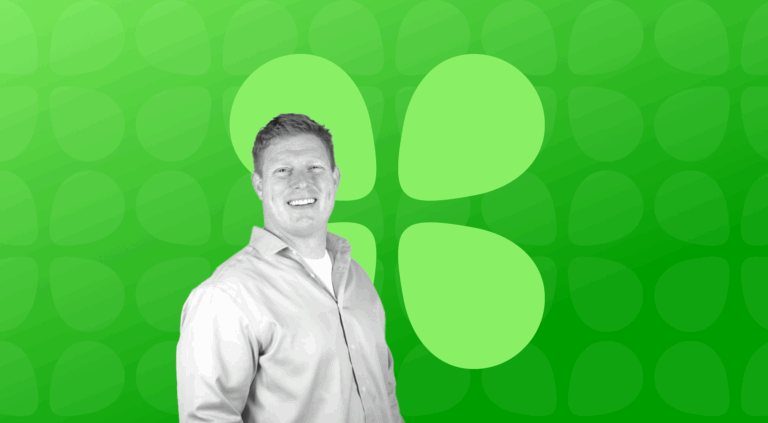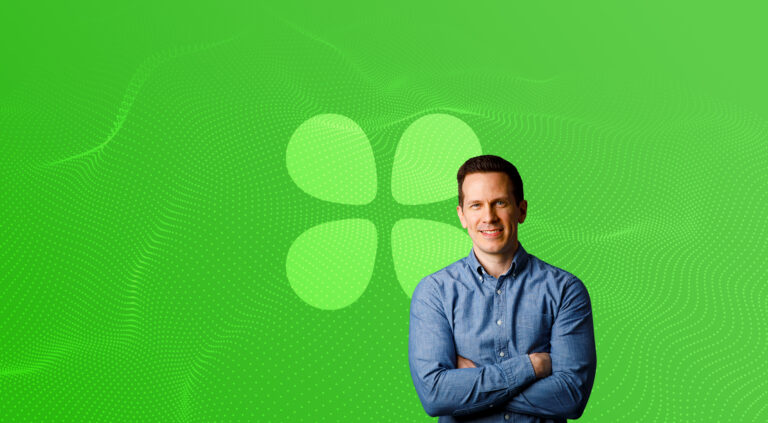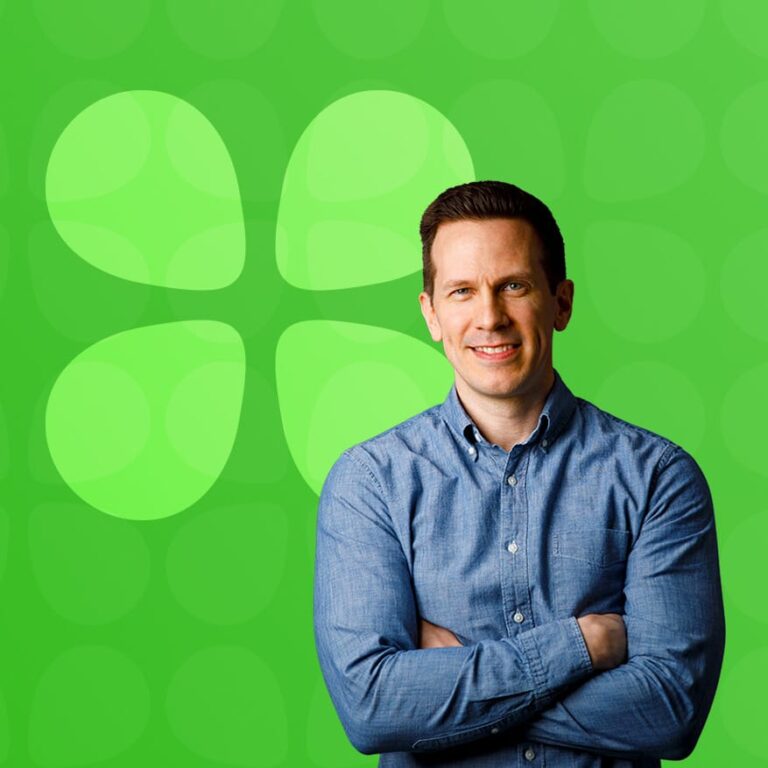The annual five-day festival known as the Cannes Lions International Festival of Creativity was recently held on the coast of France. This conference celebrates creativity in all forms of communications across multiple industries, including Healthcare and Pharmaceuticals. Pharma, in particular, isn’t often lauded as an industry known for creative thinking. The myth is that rules and regulations (and required disclaimers) eliminate any opportunity for innovation or creativity. But it is just a myth. Inspiring ideas from winning companies and agencies dispel any notion that pharma or health can’t be innovative, and demonstrate the value of a simple, elegant solution.
This year, the Health and Wellness Grand Prix went to IKEA for “ThisAbles,” a product line of IKEA product adapters that make the company’s furniture and goods more accessible to people with disabilities. The ad introduces Eldar, a 32-year-old man with cerebral palsy who wants to live comfortably in his home but struggles to do daily tasks, like opening cabinet doors, in conventional spaces. We see his struggle in getting off a low-sitting couch and turning on a small lamp switch, and we hear him talk about his desire not to be viewed as a “cripple.” The ad is a powerful reminder that the best solutions start with understanding your customer, knowing what they care about and having intimate knowledge of their pain points.
What is brilliant about this specific solution is it shows that people living with disabilities, like Eldar, can purchase the same products at IKEA and customize them for disability-specific needs, like elevating a couch to ease getting up or fastening an extra handle to aid opening a drawer. IKEA hit upon the right business problem in this case by addressing the need without making customers feel “different.” The problem is framed not that a different set of furniture or home accessories are needed, but that today’s style can be adapted simply and seamlessly without affecting design. Accessible handles and couch lifts are not ostentatious or flashy but are integrated into the traditional IKEA look. The solutions are functional and elegant. They make living with a disability easier and help customers with disabilities feel valued, just like everyone else.
GSK China won the Pharma Grand Prix for a mobile app called Breath of Life, which uses cell phone microphones to “measure” lung capacity using the sound of breath, to help diagnose chronic obstructive pulmonary disease (COPD) symptoms in at-risk Chinese adults. COPD is a condition that carries a bit of stigma because of the relationship between COPD and smoking. Rather than delivering a grim result or giving COPD sufferers a reason to want to ignore regular monitoring, the interface uses the traditional Chinese art form of blow painting to depict lung capacity results. As the user exhales into the microphone, a blow-ink tree “grows” across the mobile screen—and I can only imagine the complexity behind the simple, beautiful visuals. If the lung capacity reading falls below 70 percent, the app recommends a visit to the doctor. Additional features, like the ability to customize the colors and look of the tree, encourage users to come back frequently.
What makes this app an elegant tool in the fight against COPD is that it turns the technology at our fingertips into a valuable diagnostic tool. With this app, future opportunities are endless. For example, by aggregating data from the app, researchers and healthcare professionals (HCPs) may gain a deeper understanding of the daily challenges of patients living with COPD, as well as the opportunity to intervene sooner in the course of the disease.
What we can learn from both of these examples is not just that pharma and healthcare can be creative and innovative, but that the best solutions start with an understanding of the audience through data-driven insights and a relevant, meaningful problem to solve. Luckie has 56 years of experience in developing simple, elegant solutions for our clients, and more than a decade in building digital solutions that help grow the clinical knowledge of HCPs, foster patient-provider relationships, and assist people with chronic diseases in finding better ways to manage and live with their condition. Talk to us about how we can use the science of data and the art of marketing to solve your thorniest challenges in healthcare and beyond.




